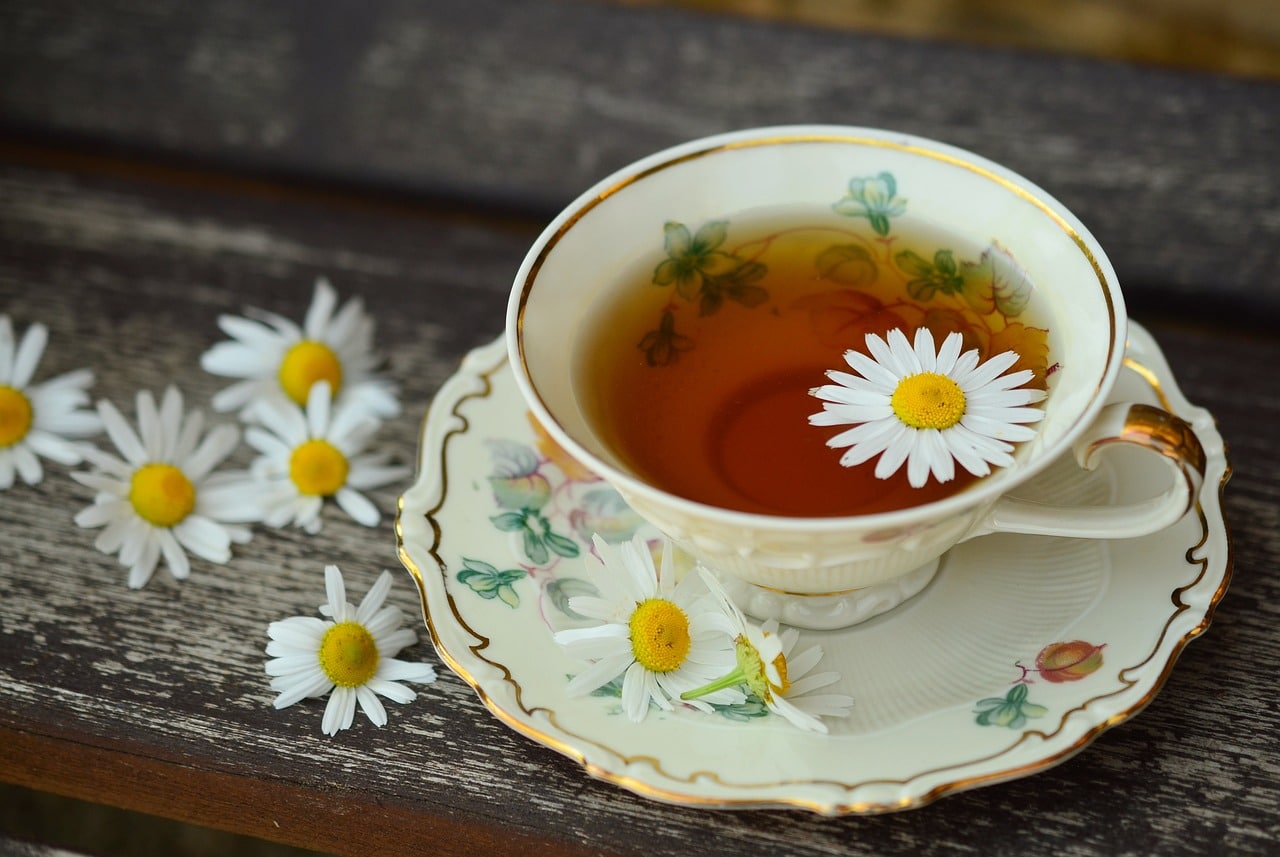
Is Organic Tea More Healthy?
As the world increasingly leans towards healthier and more natural choices, the question often arises – is organic tea more healthy? We all know and love tea for its soothing properties, aromatic flavors, and associated health benefits. Yet, as we traverse the path of organic living, we’re left pondering if organic tea genuinely holds an edge over its conventional counterpart. Let’s unravel this leafy mystery together, sipping one fact at a time.
Understanding Organic Tea
First and foremost, it’s essential to understand what sets organic tea apart. Organic tea is cultivated without the use of synthetic pesticides, fertilizers, or other artificial agents. Organic farming practices are governed by stringent regulations, ensuring that every cup you drink is a product of naturally rich soil and environment-friendly farming methods. This commitment to purity is the defining characteristic of organic tea.
Farming Practices and Regulations
One of the most significant factors that makes a tea organic is the way it’s grown and processed. Organic tea is cultivated without the use of synthetic pesticides, herbicides, fertilizers, or other artificial chemicals. Instead, natural methods are used to foster plant health and manage pests. This might include crop rotation, composting, biological pest control, and maintaining a diverse ecosystem to promote natural balance.
Organic farming is governed by strict regulations that vary by country, but typically include standards for soil quality, animal raising practices, pest and weed control, and the use of additives. Farms must be certified by an authorized governmental agency or a recognized third-party organization to be considered organic. This certification process involves regular inspections and audits to ensure the farm is adhering to all necessary regulations.
Soil – The Foundation of Organic Tea
The soil is the foundation of any organic farm, and tea is no exception. Organic regulations often require that the soil be free from prohibited substances for a certain number of years before the first organic harvest. This is to ensure that any residual synthetic chemicals have had time to break down and will not be absorbed by the tea plants.
Organic farming practices also focus on maintaining and enhancing soil fertility. This might involve using compost and green manure, or practicing crop rotation to preserve the soil’s nutrient content. Maintaining soil health is crucial, as healthy soil produces healthy plants that are more resistant to pests and diseases.
Keeping it Organic Post-Harvest
Organic standards don’t just apply to the farming stage – they also extend to the processing of the tea leaves. After the tea leaves are harvested, they must be processed in a manner that avoids contamination with non-organic substances. This includes the cleaning agents used in the machinery, the type of packaging used, and even the storage conditions. Each step of the process is closely monitored to ensure it aligns with organic principles.
The Health Factor
When it comes to health benefits, all teas, be it organic or non-organic, contain potent compounds like polyphenols, catechins, and antioxidants that contribute to your well-being. They aid digestion, improve heart health, and provide a host of other benefits. The question, however, is whether organic tea brings anything extra to the table. The lack of synthetic chemicals in the cultivation process suggests that organic tea offers a cleaner version of these benefits. By choosing organic, you minimize your exposure to potentially harmful substances, leading to a healthier tea experience.
Environmental Impact: Beyond Personal Health
While the health benefits of organic tea are compelling, there’s another crucial aspect to consider. Organic farming is not only about producing healthier crops, but it’s also about sustaining a healthier environment. Conventional farming methods often involve chemicals that can seep into the soil, impacting the ecosystem adversely. In contrast, organic farming helps maintain soil fertility, promotes biodiversity, and contributes to a healthier planet. Therefore, when you choose organic tea, you’re making a choice that benefits your health and the environment.
The Taste Factor in Organic Tea
Beyond health and environment, taste plays a significant role in our choice of tea. Some tea lovers report a richer and more robust flavor in organic teas, attributing it to the natural and clean cultivation methods. However, the taste of tea can also be influenced by other factors such as the variety of the tea plant, the region it’s grown in, and the processing methods. While the taste is subjective, the peace of mind that comes with knowing your tea is free from synthetic chemicals might make your cup of organic tea taste just a bit sweeter.
The Organic Choice
Is organic tea more healthy? From our exploration, it appears that organic tea offers the same healthful compounds as traditional tea but without the potential exposure to synthetic chemicals. It’s a choice that not only influences personal health but also leans towards the well-being of our planet. While taste preferences vary, many find an added level of satisfaction in their organic brew. Ultimately, the choice between organic and conventional tea depends on your personal preferences and values. So, whether you choose to go organic or not, continue to enjoy your tea rituals, knowing that each sip is steeped in a long history of health and enjoyment.
